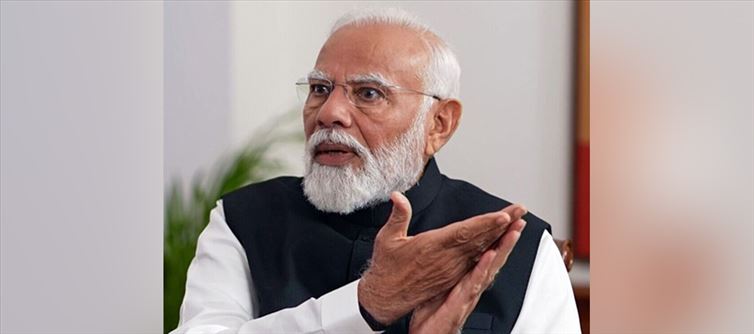
The RTI findings raise concerns about transparency and accountability within the government, especially when statements from the country’s highest office lack corroborative documentation. Public consultation in large-scale policymaking is essential to ensure that policies address real concerns and reflect a wide range of perspectives. If the consultations didn’t happen, or if there’s no record of them, it suggests a disconnect between public promises and actual processes, undermining trust in government communications. Furthermore, without records, it’s unclear how the government could evaluate public sentiment or gather insights from the purportedly large pool of contributors. This revelation not only questions the Vision 2047 plan’s foundation but also brings into focus the integrity of claims made in public statements regarding citizen engagement.
The RTI disclosure has sparked discussions about accountability in indian governance, with critics arguing that this incident reflects a pattern of grand announcements lacking in transparency and follow-through. Supporters of public consultation view it as a vital democratic tool, but without concrete data or records, such consultations become difficult to verify.
This raises broader issues about the reliability of government claims and the need for robust mechanisms to monitor and verify public input. The discrepancy revealed by the RTI also underlines the importance of open, accessible channels for verifying public announcements, especially when they relate to strategic, long-term initiatives like Vision 2047. Moving forward, these revelations may intensify calls for greater accountability and procedural transparency in policymaking to ensure that public trust is maintained.




 click and follow Indiaherald WhatsApp channel
click and follow Indiaherald WhatsApp channel